 |
 |
|
|
 |
|
|
|
 |
| |
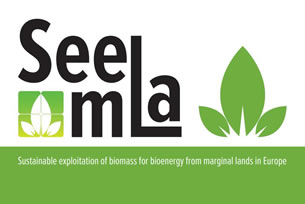
|
|
The potential of marginal lands for bioenergy
Large areas of marginal lands can be found all over Europe. However, legal and political restrictions often impede the utilization of marginal lands for biomass production. Launched in 2016, the EU-funded project “Sustainable exploitation of biomass for bioenergy from marginal lands” (SEEMLA) aims... >>
|
Integrated cropping systems for food and advanced biofuels
Currently, agricultural crop residues such as cereal straw make up one of the main feedstocks for advanced biofuel plants. Although crop residues are abundant in Europe, local fluctuations in yield, availability and price can be a challenge for advanced biofuel plants which need large volumes of biomass. By adopting... >>
|
|
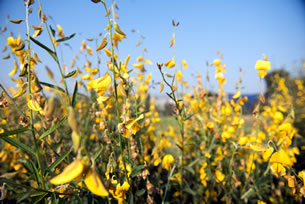
|
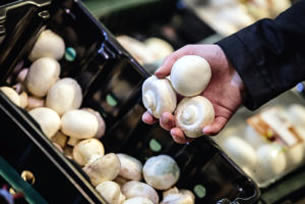
|
|
On the way to a more sustainable mushroom industry
While natural resources are depleting, agriculture professionals focus their efforts on research and innovation to make their production processes more circular. Back in 2014, Monaghan Mushrooms, one of the world’s largest mushroom production companies, opened a dedicated branch Monaghan Biosciences to exploit the power of enzymes to extract... >>
|
A novel biorefinery concept from mushroom compost
Total fresh mushroom production in Europe amounts to approximately one million tons per year. For every tone of mushroom harvested, approximately three tons of mushroom compost is produced, which is currently collected from farms for a fee associated with transport and disposal, creating significant economic and logistical problems for farmers... >>
|
|
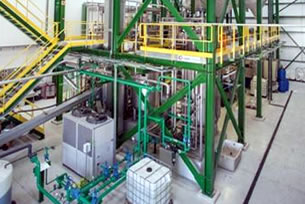
|
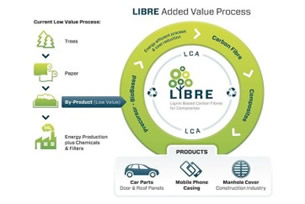
|
|
Lignin-based carbon fibres for composites
Carbon fibres are considered one the most added value products on the market due to their excellent properties, high stiffness and tensile strength, low thermal expansion and density, heat tolerance and chemical resistance. The use of carbon fibre (CF) based composites is of growing importance in many industrial applications... >>
|
Chemical building blocks from municipal solid waste
Today in Europe 244 million tons of municipal solid waste (MSW) is generated every year. The biodegradable fraction of MSW (Municipal Solid Waste) ranges between 30-50% wt, accounting for around 100 million tons per year. Currently about 29% of the MSW goes to recycling, 24% to landfilling, 16% to composting and about 27%... >>
|
|
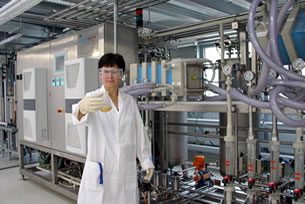
|
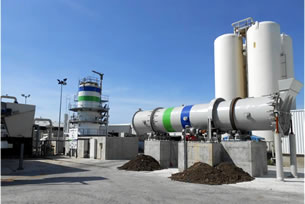
|
|
A biorefinery to turn urban waste into biobased products
The rapid population growth and its concentration in large cities has caused an important increase of urban waste, which contributes significantly to the total amount of waste generated by our society. Today in Europe, each person generates, on average, 475 kg of urban waste annually. Around 50% of this correspond... >>
|
Biogas-fired combined heat and power plant
Distributed combined heat and power has been recognized as a cost effective way to produce energy required in every-day life, allowing to minimize transmission losses and waste heat resulting from the otherwise separate production of heat and electricity in central power stations and heating units. Hybrid power plants, resulting from the combination of a micro... >>
|
|
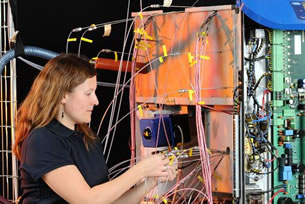
|
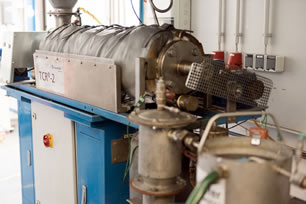
|
|
Advanced bioenergy from organic waste
Bioenergy will play a key role in the EU long term energy strategy for all applications and especially the transport sector, contributing up to 14% of the EU energy mix and up to 10% of energy demand in transport in 2020. It is foreseeable that this EU demand will be dominated by renewable fuels substituting gasoline, and middle distillates for the need of the road, aviation and marine transport sectors... >>
|
|
|
|
|
|

|
| |
ETIP Bioenergy 8th Stakeholder Plenary Meeting
There is a global agreement to combat fossil carbon emissions and keep global temperature increase below 2 degree C. Each economic sector needs to take its share in this. Transport represents almost one quarter of Europe’s greenhouse gas emissions; these have been less declining than in other sectors. Biofuels are one of the key options under discussion to decarbonise the transport sector...>>
|
|

|
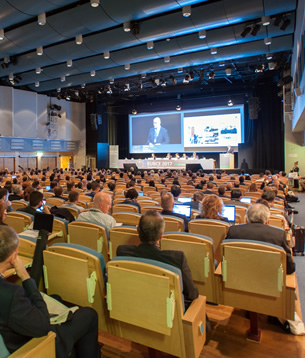
|
|
EUBCE 2018: Europe’s largest biomass science and industry event
The 26th European Biomass Biomass Conference and Exhibition (EUBCE 2018) will take place from 14th to 18th of May in Copenhagen Denmark. The EUBCE is the leading platform for the collection, exchange and dissemination of scientific and industrial know-how in the field of biomass. It combines one of the largest biomass science and technology conferences with a high-quality industry exhibition, attracting biomass professionals from around the globe. BE-Sustainable is the official magazine of the event. It will feature special articles on some of the most relevant and cutting-edge contributions and projects presented during EUBCE. For further information about the conference programme, parallel and networking events and exhibition, visit www.eubce.com
|
3rd INT’L BIOMASS EXPO: Japan's Largest Show for Biomass Power Generation
From 28th February to 2nd March BE-Sustainable is participating as exhibitor at the 3rd Int’l Biomass Expo in Tokyo, Japan. INT’L BIOMASS EXPO is a newly launched B-to-B exhibition held within World Smart Energy Week specialised in biomass power generation and its related equipment, technologies and services. Along with other renewable energy source such as wind and photovoltaics, biomass power generation is attracting increasing attention in Japan. The show will be the best platform to seek the latest equipment, technologies, services and trends of this business field under one roof. Visit us at booth No. E31-44. For further information: http://www.bm-expo.jp/en/
|
|
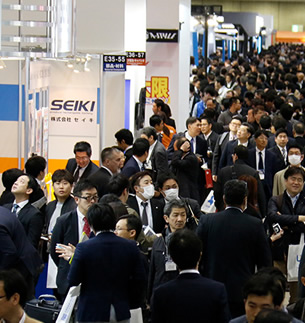
|
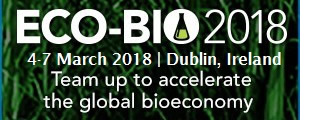 
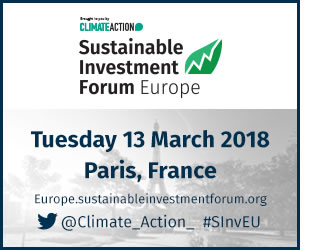 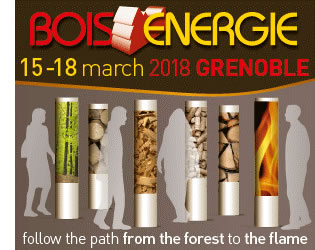
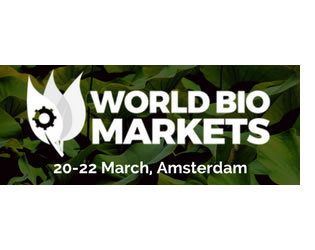 
 
|
|
|
 |
|
|
 |
|
| |
|






